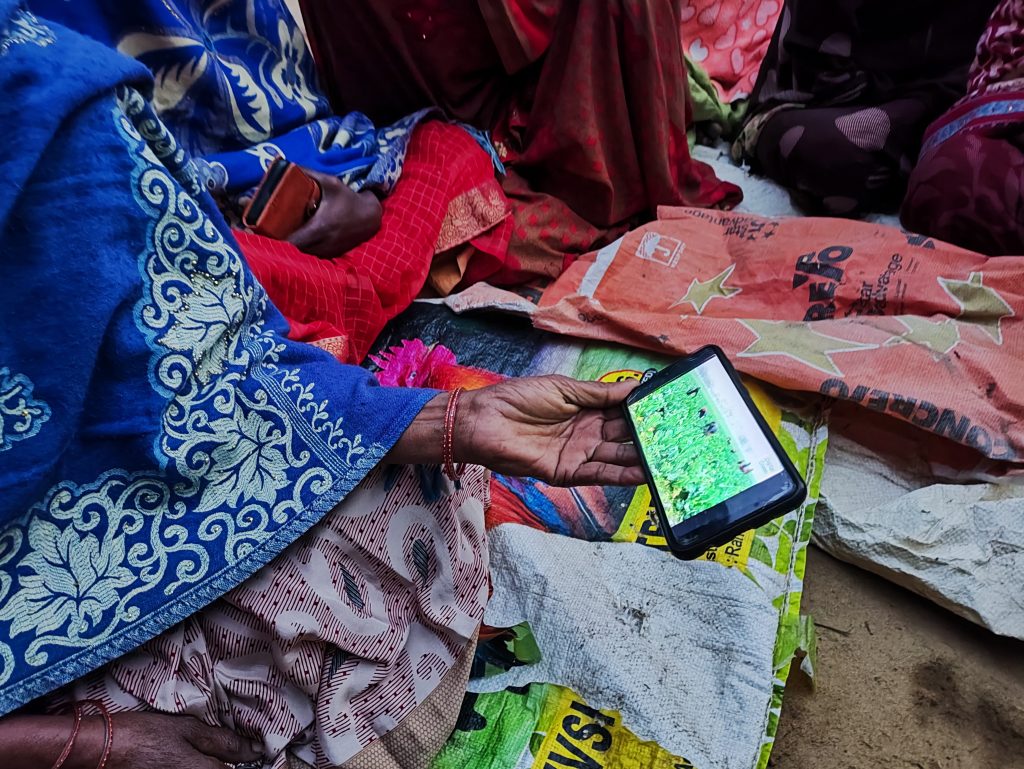The role of the digital in governing adaptation to climate change is surprisingly underexplored and undertheorised in interdisciplinary scholarship on the governance and politics of adaptation.
To fill this gap, the project (funded the Leverhulme Trust) develops a novel theoretically driven and empirically grounded research programme that combines a justice angle on climate adaptation with decolonial approaches to the digital.
The project will develop a critical analytical framework and investigate digital climate change adaptation initiatives empirically, via a global mapping of discourses and practices and a case study in rural India.
Scope and Aims
Digital Climate Future aims to advance critical adaptation studies, digital justice, and digital/environmental humanities, and builds an ambitious dissemination plan targeting academia and broader involved communities.
The project has five main aims:
- Develop a novel analytical framework to conceptualise the justice implications of digital adaptation and challenge the coloniality of relations, epistemologies and practices that pervade mainstream (digital) adaptation;
- Map existing digital platforms for climate services globally, the actors pushing / opposing them, the discourses legitimising / contesting them;
- Investigate how users and communities engage with, co-design, employ, and resist such applications through a case study in rural India;
- Investigate how digital adaptation contributes reshaping knowledge and power relations between a community and its broader context, as well as within the community itself;
- Combining theoretical and empirical findings, produce a toolkit for decolonial digital practices in climate adaptation useful for both academics and practitioners
Mapping digital climate adaptation
We are carrying out a comprehensive mapping of digital platforms for climate services and resilience, documenting how the digital is entering global adaptation policy discourses and initiatives, identifying key sectors of applications, technologies and narratives, as well as actors and coalitions. Explore our findings and open access repository here.

Case Study – Rural India

We are carrying out an in-depth case study in the state of Bihar, in Northern India. Find out more about our approach, research questions and initial findings.
Read More – Our Background Research
Bettini, G., G. Gioli & R. Felli (2020) Clouded skies: How digital technologies could reshape “Loss and Damage” from climate change. WIREs Climate Change, 11, e650. https://doi.org/10.1002/wcc.650
Sullivan, S. (2013) Banking Nature? The Spectacular Financialisation of Environmental Conservation. Antipode, 45, 198-217. https://doi.org/10.1111/j.1467-8330.2012.00989.x
